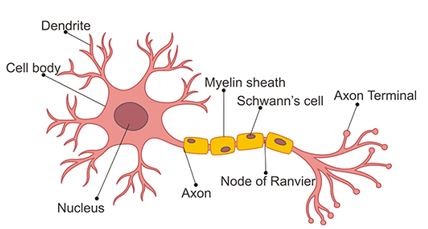

Context
Neuroscience is increasingly applied in India to solve business challenges, such as understanding consumer behaviour; ethical considerations arise particularly concerning informed consent and transparency.
1: Dimension- Significance of neuroscience
- Understanding Brain Function: The nervous system controls essential body functions and processes thoughts, emotions, and behavior through neural connections in the brain. Neuroscience aims to study these neural connections and their role in information processing, both in healthy states and when damaged.
- Impact on Human Health: Neuroscience contributes to understanding various conditions like Down syndrome, autism, ADHD, addiction, schizophrenia, Parkinson's disease, and immune disorders.
- Technological Advancements: Recent technologies like membrane clamp electrophysiology, PCR, and genome sequencing have enhanced our understanding of cellular and molecular processes in the brain. Future advancements are anticipated to provide even deeper insights into how neurons function collectively, the origins of diseases, and the unique aspects of the human brain.
2: Dimension- Ethical concerns
Informed Consent and Privacy: Informed consent from research participants, especially when invasive techniques are used, and protecting their privacy regarding sensitive brain-related data.
Cognitive Enhancement and Manipulation: The use of neuroscience for cognitive enhancement or manipulation, raises questions about fairness, autonomy, and unintended consequences on individuals and society.
|
Fact Box: What is Neuroscience?
|
|
Ethics Question Case Study: A prominent pharmaceutical company has developed a groundbreaking neurotechnology that enhances cognitive abilities, memory retention, and learning capacity. The technology, when implanted in the brain, significantly boosts intellectual performance and productivity. However, the company faces ethical dilemmas regarding the widespread deployment of this technology. Question:
|



